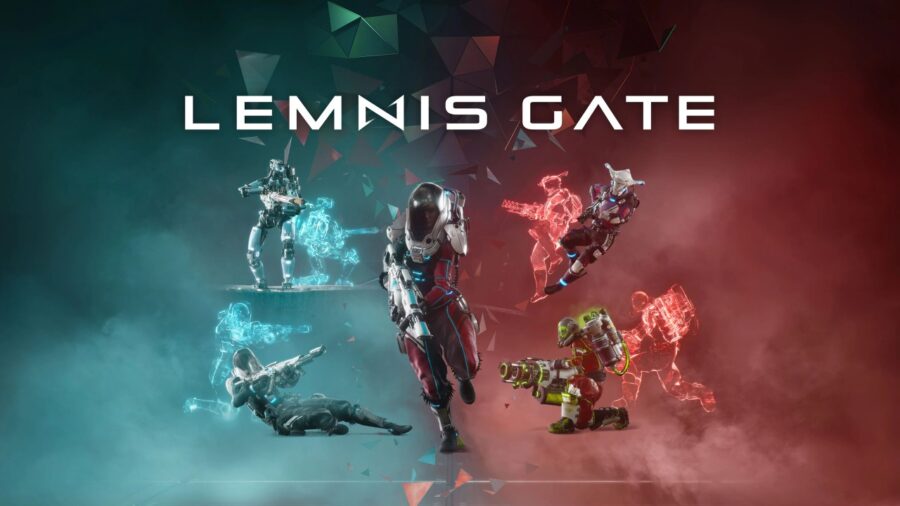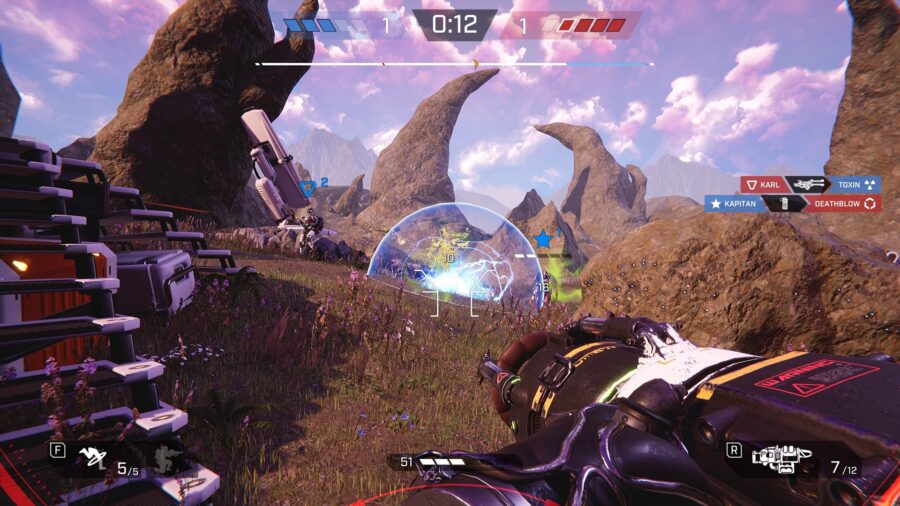Video Game Shut Downs Are Ramping Up; An Innovative FPS Is The Latest Victim
Lemnis Gate, a turn-based time-bending FPS, is the latest video game to be shut down, ending service after less than two years.

It would seem that Electronic Arts and Ubisoft aren’t the only ones pulling the plugs on their active and in-development titles. Lemnis Gate, a time-warping turn-based combat strategy FPS is the latest victim of massive shutdowns in the gaming industry to join titles such as Deathverse or Ubisoft’s highly anticipated Project Q.
According to VGC, Lemnis Gate is shutting down after less than two years on the market. The game’s removal from storefronts is scheduled for April 11, and its online services will shut down in July this year. The news came directly from the game’s developer, Ratloop Games, with a statement posted on the game’s Steam page. The game’s developer and publisher thank the gaming community for supporting Lemnis Gate. The statement also revealed the dates for the game’s removal and subsequent shutdown.
As per the developer’s statement, console players will be able to access local multiplayer and the game’s training mode, but PC players will be locked out of the game entirely. Well, at least until someone emulates a server and allows players to enjoy the game once again, though something like that is highly unlikely.
The reason for the shutdown wasn’t listed, and Ratloop Games hasn’t disclosed any further information about the game’s removal. It’s quite possible that the game’s revenues fall short of its expenses, prompting the shutdown.
It’s one of the shortfalls of multiplayer and live-service games; they die once the profit margin decreases or goes into loss. Something like this killed hundreds, if not thousands of MMOs and live-service games, and it’s currently one of the points of contention regarding the upcoming Suicide Squad—the game is a live-service title.

The main issue is that players pay real money for games that, once they go out of commission, serve as nothing else by a pretty memory. Of course, we’re not against MMOs or live-service games. But it’s always interesting to see how most developers don’t have any contingencies for situations in which their game becomes a financial liability. Not to mention that they get away with taking the money for a product they rendered useless.
Why not keep the game, leave local multiplayer intact, and enable bot play? It’s only a patch away, and they’d still deliver a product on which they could actually make some money. No matter how marginal, every gain is still a gain, and the accumulation of marginal gains is real.
Another interesting thing is the fact that the game was very well received and even had several accolades and awards from the Montreal Independent Game Awards, as well as several nominations from the Unreal E3 Awards 2019. The game has about a dozen award nominations, so learning that it has less than 1,000 purchases on Steam is a bit surprising. However, considering that gaming titles are becoming more and more expensive as a result of costly development and maintenance, it’s actually quite reasonable as to why the gaming industry is facing yet another recession.












